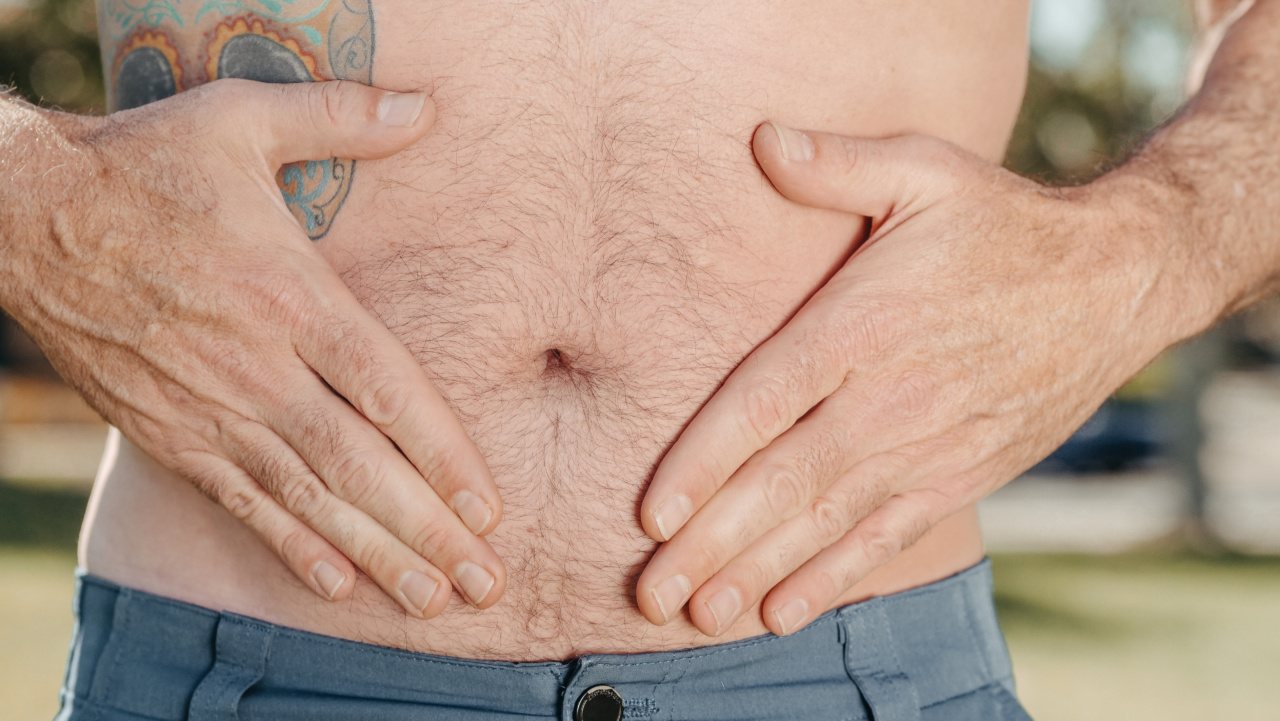Experiencing a stomach ache can feel unbearable. It’s not only the pain that can be uncomfortable but also the uncertainty of what may have caused it.
Stomach aches can be caused by various reasons, and the appropriate treatment can depend on the underlying cause. In this article, we’ll look at some common causes of excruciating stomach aches and what treatments are available.
What Causes Excruciating Stomach Aches?
Stomach aches can be caused by various reasons, ranging from something as simple as indigestion to more severe cases like appendicitis. Below, we’ll discuss some common causes of excruciating stomach aches.
1. Indigestion
Indigestion is the most common cause of stomach aches. It occurs when your stomach struggles to break down food. Symptoms may include bloating, gas, and nausea. Indigestion can be caused by consuming spicy or high-fat foods or eating too quickly.
Treatment: Drinking water, chewing your food slowly, and avoiding spicy or high-fat foods can often help relieve indigestion. If indigestion persists for an extended period, antacids can help neutralize stomach acid and relieve discomfort.
2. Gastroenteritis
Gastroenteritis, commonly known as stomach flu, is a viral infection that inflames the lining of your intestines. Symptoms include stomach pain, vomiting, and diarrhea.
Treatment: Gastroenteritis often resolves on its own without treatment, but it’s essential to stay hydrated to help manage dehydration and electrolyte imbalances.
Rest and avoid foods and drinks that may further irritate the stomach, such as caffeine, spices and alcohol.
3. Food Poisoning
Food poisoning occurs when you consume contaminated food or drink contaminated water. Symptoms may include stomach cramps, nausea, vomiting, and diarrhea.
Treatment: Hydration is essential when dealing with food poisoning, and in severe cases, hospitalization may be necessary. Over-the-counter remedies are also available to control symptoms like diarrhea and vomiting.
4. Irritable Bowel Syndrome (IBS)
IBS is a common gastrointestinal disorder seen among many people, especially females. It can cause significant abdominal pain, gas, bloating, and changes in bowel movement frequency.
Treatment: Unfortunately, there isn’t a known cure for IBS, but dietary changes, stress management, and medication can help manage some symptoms. Medications such as antispasmodics and laxatives may be recommended for bowel problems.
5. Appendicitis
Appendicitis is a severe condition that can cause sudden pain on the right side of the abdomen that slowly intensifies over hours or days. It’s more common in young adults.
Treatment: Appendicitis is a medical emergency that requires prompt surgery to remove the appendix to prevent it from rupturing or causing more severe complications that can be life-threatening.
6. Gallstones
Gallstones are hardened deposits of digestive fluids that can form in your gallbladder. Not everyone with gallstones experiences symptoms, but when symptoms occur, they can cause severe pain in the upper abdomen that can last for hours.
Treatment: Surgery may be required for people who experience painful symptoms of gallstones. However, in some cases, medication can dissolve small stones without surgery.
Cholelithotrity is one option, which uses ultrasound waves to break gallstones apart, and then you pass them naturally.
7. Gastritis
Gastritis is a condition where the lining of the stomach becomes inflamed. It occurs when the stomach lining becomes infected, irritated, or damaged by alcohol overuse, nonsteroidal anti-inflammatory drugs (NSAIDs), or an H.Pylori bacterial infection.
Treatment: Treatment for gastritis typically involves taking antacid medicines to reduce stomach acid levels or antibiotics to counter bacterial infections by H.Pylori. Avoiding alcohol and NSAIDs can also help.
8. Pancreatitis
Pancreatitis is a rare condition that involves inflammation of the pancreas, which can cause severe abdominal pain that radiates to your back.
Treatment: Pancreatitis requires medical attention and usually requires hospitalization. Treatment may include reducing inflammation with medication while resting your digestive system by fasting for a few days.
9. Peptic Ulcer Disease
A peptic ulcer is a sore that forms in the lining of the stomach or the first section of the small intestine.
Treatment: Treatment for peptic ulcers typically involves antibiotics to treat the H. pylori bacteria that cause it. Antacids or histamine blockers can also be used to relieve pain and help the ulcer to heal.
10. Diverticulitis
Diverticulitis is a condition where small pouches in the lining of the intestines become inflamed and infected.
Treatment: Treatment for diverticulitis often involves antibiotics in conjunction with a high fiber diet to avoid complications. If the condition is severe, hospitalization may be necessary for intravenous (IV) antibiotics and hydration.
Conclusion
Excruciating stomach aches can be an indication of many underlying health problems. Identifying and treating the underlying cause, when possible, is critical to reducing the associated pain and symptoms.
Home remedies can be used for mild to moderate stomach aches, but if the pain persists or worsens, medical attention should be sought to identify and treat the underlying cause.































